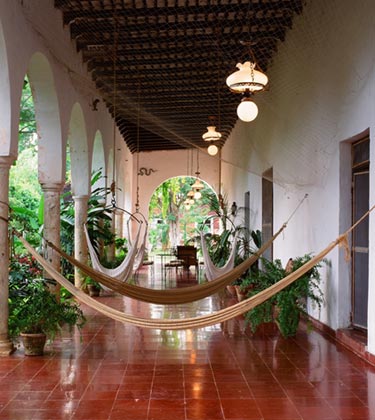
A memoir of conspicuously powerful narrative force, never sentimental or self-indulgent. There is no picture of the buzzard, for example, one of the tale's most interesting figures. One only wishes for more photos than the 19 she supplies. n writes with the dispassionate eye of a cultural anthropologist and the story-telling craftsmanship of the novelist she is (Nocturne, 1993, etc.).It grips the reader from beginning to end. This remarkable book is striking for its cannily articulate, vivid, yet always understated prose style. Indeed, the author has enough misfortunes of her own, but they dont get the better of her.

The many families who live in near-servitude on the plantation are impoverished and suffer from terrible diseases in addition to all manner of self-inflicted misfortune. Managment of the estate fell largely on her inexperienced shoulders. He is the last scion of an ancient (and inbred) aristocratic clan.

Aubin de Teran was a mere schoolgirl of 16, she met a political exile from Venezuela, Jaime de Ter The mesmerizing tale of a young Englishwoman's strange life in the backward world of a remote South American sugar plantation during the early 1970s.


 0 kommentar(er)
0 kommentar(er)
